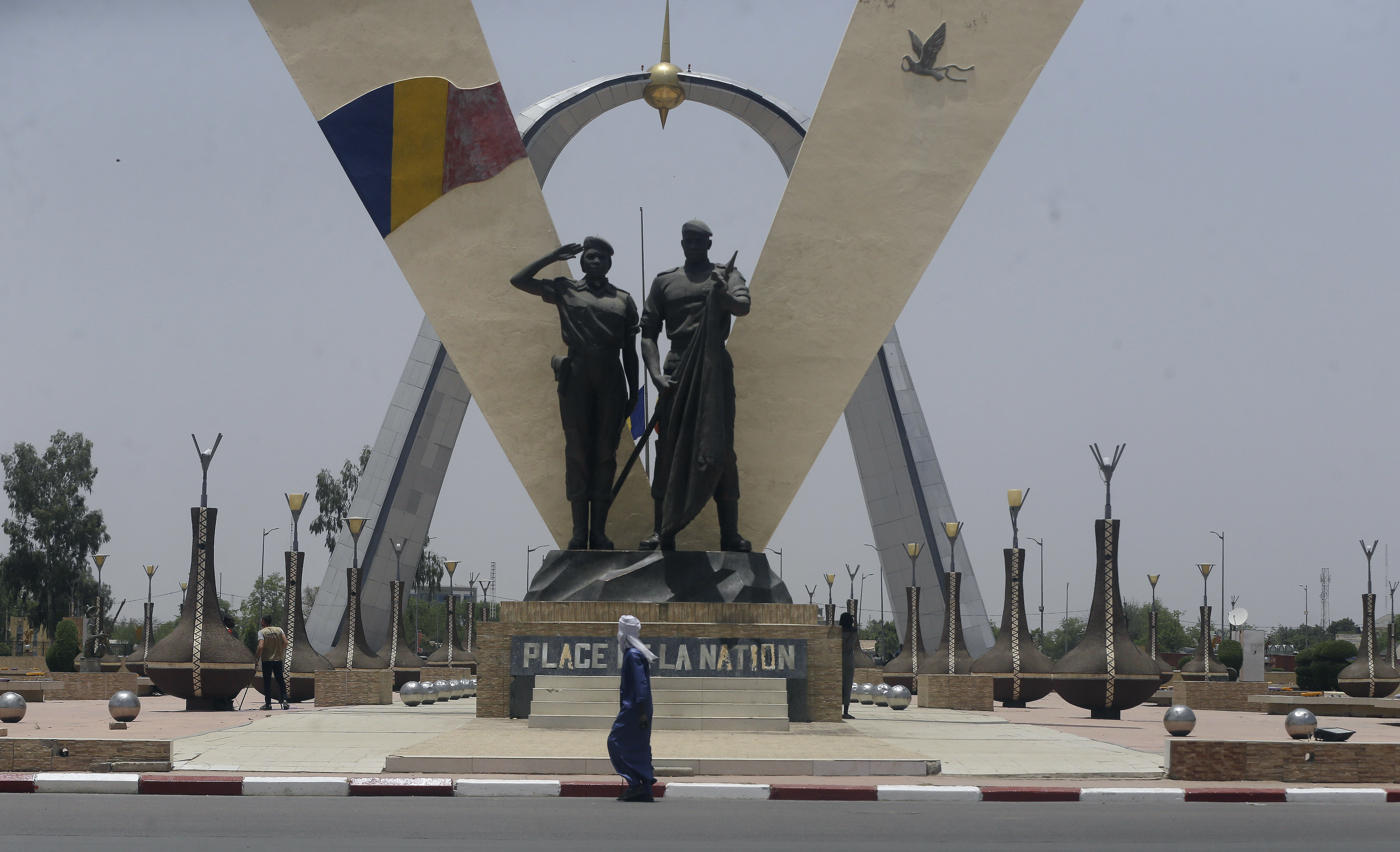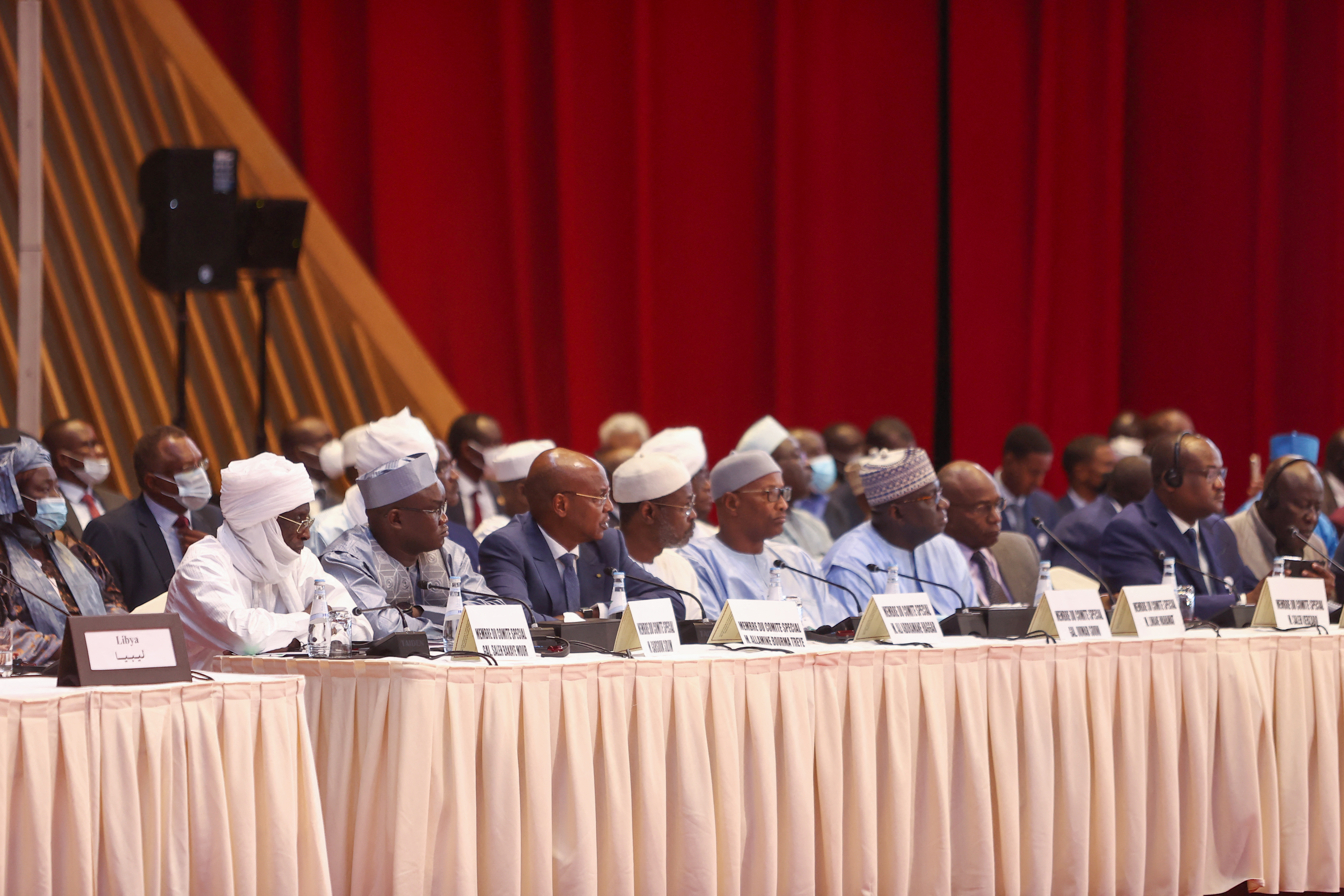
Doha, Qatar – Chad’s Transitional Military Council (TMC) has postponed a national dialogue that was set to take place in the country’s capital, N’Djamena, on May 10.
The ruling council announced the delay in a statement on Sunday.
The talks will now take place “at a later date, which will be decided after consultations with the relevant institutions and political actors”, it said.
Mahamet Deby, the TMC chief, had called for an inclusive national dialogue last year in order to gather the various political stakeholders in Chad and establish a constitutional framework to hold elections.
Rebel groups were also been invited, but they agreed to participate only if certain conditions were met before the talks. This led to the so-called “pre-dialogue”, which has been taking place in the Qatari capital, Doha.
The success of the pre-talks efforts is seen as crucial for the national dialogue to be inclusive and effective. But the negotiations in Doha have moved at a snail’s pace, triggering growing calls for the event in N’Djamena to be delayed.
Earlier on Sunday, the Qatari government, which is mediating in the pre-talks, had called for a postponement of the N’Djamena event, saying the delay would “give the participating parties more time to reach a peace agreement”.
It added that the pre-dialogue was “making significant progress”.

Chad has been in turmoil since longtime ruler Idriss Deby was killed on the battlefield a year ago while fighting with his soldiers against rebels from the Front for Change and Concord in Chad (FACT) – one of the last remaining rebel groups with fighters on the ground.
The military then swiftly took control, dissolved parliament, paused the constitution and placed the late president’s son, also known as Kaka, at the helm of the TMC.
The TMC initially intended to hold the national dialogue in N’Djamena in mid-February, but the date was moved over issues related to the organisation of the talks in Doha.
The pre-talks began nearly two months ago, with some 300 delegates from 50 rebel groups and 24 representatives from the government holding negotiations in a hotel in the Qatari capital.
The rebel groups have presented a series of demands, including guarantees of safety if they return to the country as well as the release of prisoners of war.
The government is keen to hand amnesty to those accused of acts of rebellion and to free all members of the rebel groups who will sign amnesty agreements, according to a document seen by Al Jazeera.
But there is disagreement concerning other demands of the rebels, such as banning members of the TMC from running in the next elections, army reforms and a constitutional revision.
Government representatives have made it clear that these issues should be scrutinised at the national dialogue in N’Djamena, rather than at the Doha talks.







